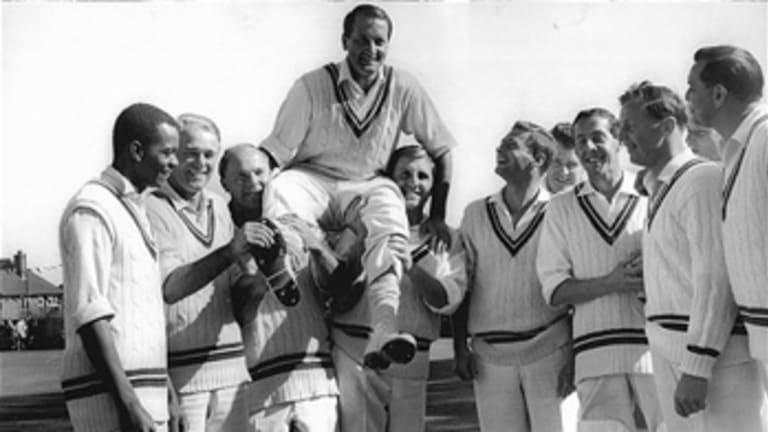Once upon a time, I wrote a semi-regular column consisting of five or 10 non-tennis-related items every couple of weeks or so, just because . . . just because I felt like it, I guess. The break from thinking about forehands and backhands—and occasionally volleys—was needed. I’ve been wanting to get back to it, but with a book to write and Grand Slams to cover, I haven’t had the time. Now, before the season begins in earnest at Indian Wells, is my chance.
The Voice in Your Head
How do you know a book is a good one? There’s the plot that keeps you coming back, yes. There are the characters that move you, definitely. But I know a book has gotten to me when the author’s voice works its way into my head. When it briefly and tentatively becomes the voice in my head, and I start to observe the world the way the writer observes them in the book. A few years ago, a trip to Paris for the French Open was made all the better because I was reading Updike’s Villages and seeing the city through his detail-hungry eyes. It’s like getting smarter, temporarily.
The last novel I read, The Art of Fielding, by Chad Harbach, was too long, and I never felt much for a couple of the characters whom you were supposed to feel much for, but it was worth the read because I found Harbach’s lightly ironic voice roaming around in my head as I walked through my neighborhood, took the subway, bought a bagel, and did other routine activities. It didn’t last, which I guess is a good thing; gives me a reason to read another novel.
Lester Leaps Out
I visited the huge and sleek Apple store in lower Manhattan on an unusually warm February afternoon this week. From there I kept walking, through the West Village and up Bleecker Street. The fabled bohemian thoroughfare is now mostly lined with upscale clothing and shoe stores; I looked for the old glass storefront of Bleecker St. Records—it was much smudgier than Apple’s wraparound glass storefront—in vain. It may have been gone for years, I don’t know, or maybe I wasn't on the right block. Two decades ago, on one of the first days after I had moved to New York, I walked past that vintage vinyl store and heard some suave old jazz sax blasting from inside. It fit perfectly with the sunny afternoon and the otherwise quiet, summer-dusty Village street. Inside, the song ended and a DJ’s voice replaced it. He said, “You're listening to Lester Young radio.” My first thought was, “Aha, Lester Young”—I knew the name, of course, but had never had much access to the music in those pre-ITunes days. A lifelong love was born. My second thought was, “Wow, New York has a radio station that only plays Lester Young 24/7. I’m going to love this place!”
It turned out that the station was Columbia University’s, and that every year they played Lester exclusively for one day (his birthday), rather than all 365. After a second or two, I decided I was willing to take that.

